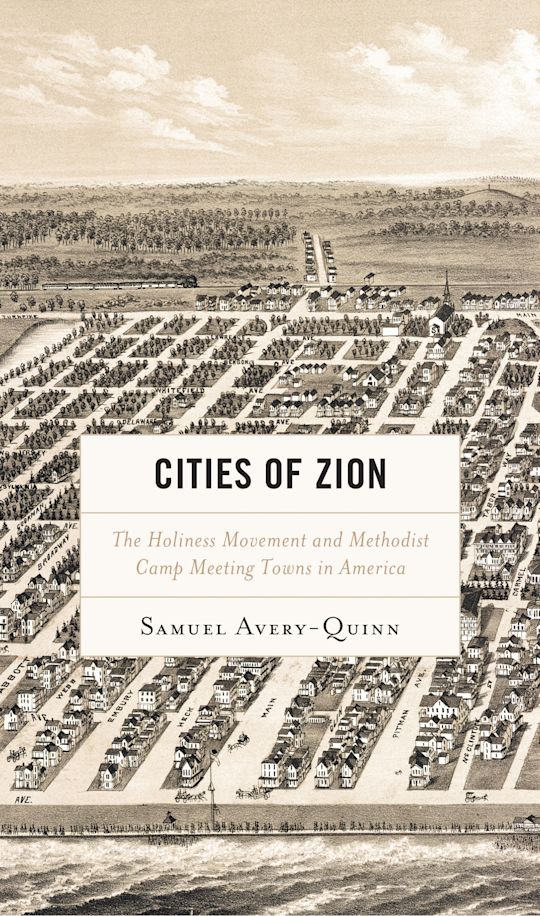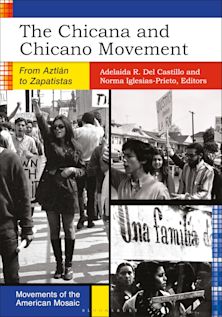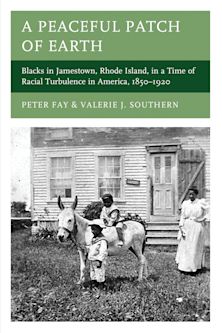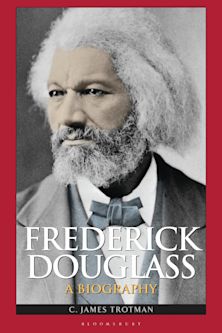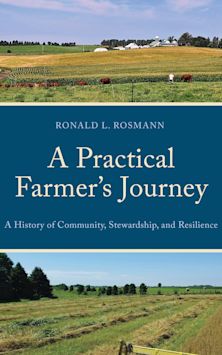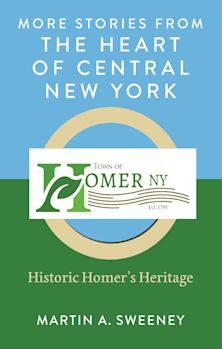- Home
- ACADEMIC
- History
- United States History
- Cities of Zion
Cities of Zion
The Holiness Movement and Methodist Camp Meeting Towns in America
Cities of Zion
The Holiness Movement and Methodist Camp Meeting Towns in America
You must sign in to add this item to your wishlist. Please sign in or create an account
Description
Cities of Zion: The Holiness Movement and Methodist Camp Meeting Towns in America follows Methodists and holiness advocates from their urban worlds of mid-century New York City and Philadelphia out into the wilderness where they found green worlds of religious retreat in that most traditional of Methodist theaters: the camp meeting. Samuel Avery-Quinn examines the transformation of American Methodist camp meeting revivalism from the Gilded Age through the twenty-first Century. These transformations are a window into the religious worlds of middle-class Protestants as they struggled with economic and social change, industrialization, moral leisure, theological controversies, and radically changing city life and landscape.
This study comprehensively analyzes camp meeting revivalism in America to offer a larger narrative to the historical movement. Avery-Quinn studies how Methodists and holiness advocates sought to sanctify leisure and recreation, struggled to balance a sense of community while mired in American gender role and race relation norms, wrestled with the governance and town planning of their communities, and confronted the shifting economic fortunes and continuing theological controversies of the Progressive Era.
Table of Contents
Chapter 1: Saints in the City
Chapter 2: From Parlor to Forest Temple
Chapter 3: The Sanctifying Power of Leisure
Chapter 4: A City by the Sea
Chapter 5: Town Planning in the Gate of Heaven
Chapter 6: Two Parties in Beulah
Chapter 7: Enduring Zions
Product details
| Published | Oct 14 2019 |
|---|---|
| Format | Ebook (Epub & Mobi) |
| Edition | 1st |
| Extent | 358 |
| ISBN | 9781498576550 |
| Imprint | Lexington Books |
| Series | Religion in American History |
| Publisher | Bloomsbury Publishing |
About the contributors
Reviews
-
Building on exhaustive research, Samuel Avery-Quinn opens a lens into middle-class Protestantism in America with this examination of Methodist camp meetings. Through this lens, we can see all sorts of changes—in economy, theology, geography, and society. This is a superb book, one that changes how we look at this distinctively American phenomenon.
Randall Balmer, Dartmouth College
-
This study is engaging, readable, broad-gauged, and compelling. It is a fresh assessment of late nineteenth-century Protestantism (and especially Methodism), of the livable, well-provisioned, urban-like world that camp meetings had become, and of the larger causes, campaigns, and organizations by and through which middle-class evangelicalism sought to redeem American society. Through careful attention to the variety, strains, conflicts, social realities, and class and racial tensions within the religious communities and pertinent business and political changes, Cities of Zion revises our understanding of Protestant contributions to American history.
Russell E. Richey, Emory University
-
In this well-written, thoroughly researched, and interesting account of American Methodist camp meetings, Avery-Quinn describes the larger changes that took place in society and culture from the nineteenth to the twentieth century. Most critically, Cities of Zion sheds light on how one of America’s largest religious groups shaped and was shaped by contemporary culture. It also illuminates the ways that Methodists’ efforts were always colored by race, class, gender, propriety, environment, and regionalism. This work is a powerful exploration of religious geography and middle-class ideals.
Randall J. Stephens, University of Oslo
-
In this masterful book, Avery-Quinn has ushered in a new era of camp meeting studies and their importance to the story of Methodism in American history. This study combines material culture studies, social criticism, and urban planning with a meticulously-researched history of the thick Methodist landscape of the nineteenth and early twentieth centuries. Avery-Quinn has produced a first-rate account that rethinks Methodist history in America and the development of the Holiness Movement within it. Filled with thoughtful theological analysis, Cities of Zion is a feast of a book that every Methodist and American church historian should read.
Steve Hoskins, Trevecca Nazarene University

ONLINE RESOURCES
Bloomsbury Collections
This book is available on Bloomsbury Collections where your library has access.









